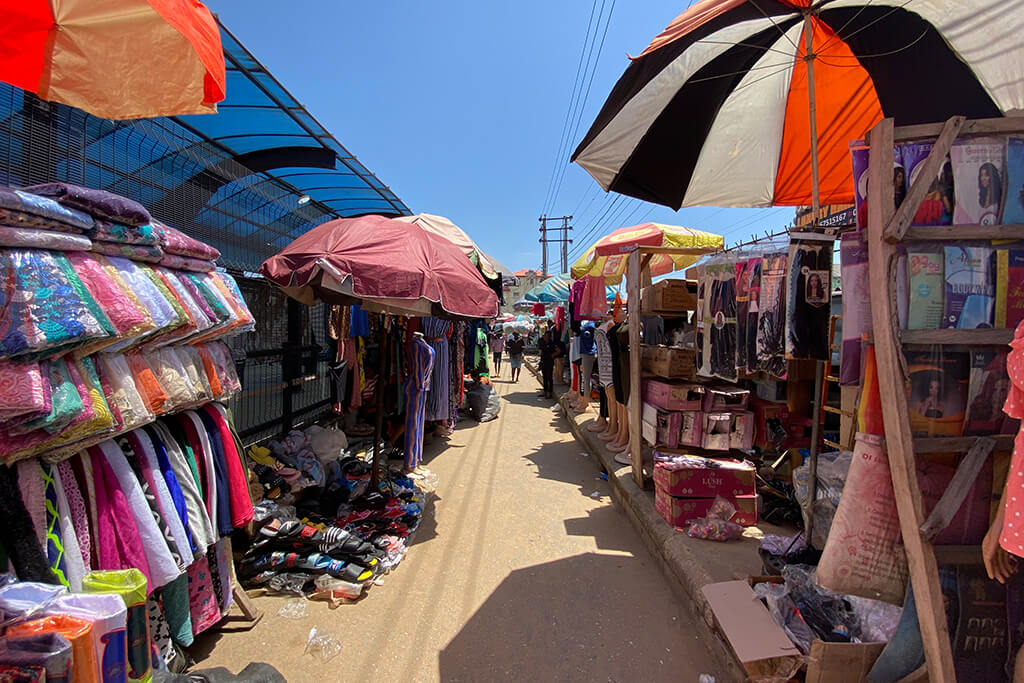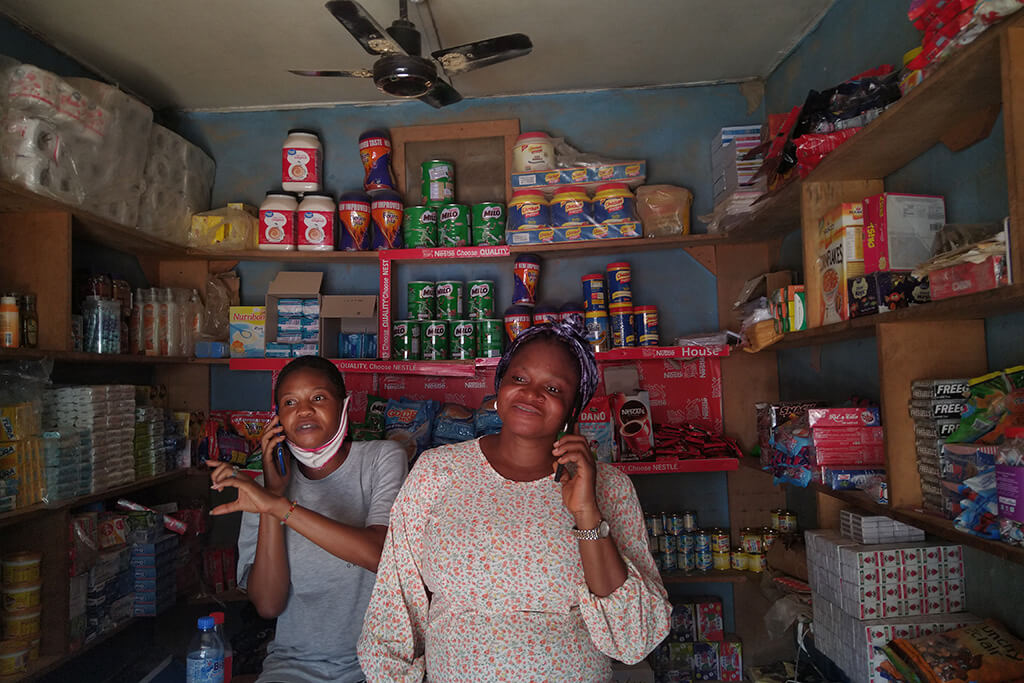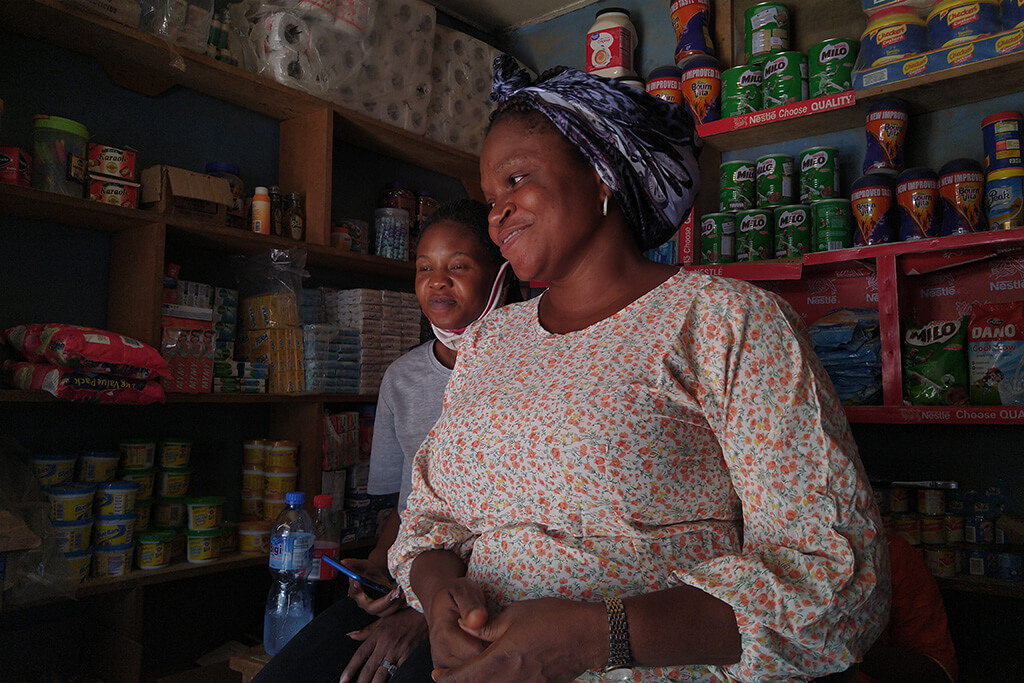The UN Sustainable Development Goals pay specific attention to gender equity and its role in determining greater inclusion of and safety and opportunities for women.

Women and girls experience mobility and moving in public space, differently from men and boys. For decades transport planning has limited itself to designing transport systems that organise networks with a more quantitative view to data collection. This fails to take into account the qualitative experiences that influence individual mobility choices. A greater understanding of women’s travel patterns and preferences creates a more inclusive picture of how everyone travels, including children, the elderly, and people with disabilities. When a diverse approach is employed that also considers the inclusion of underrepresented groups, particularly people of colour, then the resulting analysis has a greater reflection of the needs, wants, and behaviours of everyone. Gender data helps to address historically overlooked behaviours to enable more inclusive mobility.
Read more in this article by WMW Ambassador Melissa Bruntlett: Why Gender Data Matters

Discover our six principles for bridging the gender data gap in transport!
Along with testing innovative methods for gender-responsive data collection in practice, we have compiled our knowledge of best practice in this visually appealing poster. You can download it below and spread the word.


































Women are not a single homogeneous group.
The level of income influences the mode of transportation a woman chooses.
Age impacts the types of incidents experienced.
Affordability and standardised fares are of high priority for women.
One Solution will not address all challenges.
Trip Purpose
Reasons to complain about safety on the longest trip
The UN Sustainable Development Goals pay specific attention to gender equity and its role in determining greater inclusion of and safety and opportunities for women.
Is public transport gender neutral? A new study compiling user data reveals that gender is a central, though not the only, component driving women’s mobility choices.
To better address women’s transport needs, two studies collected data exploring travel habits in African metropolises. Their unique methodologies can provide a model for how to best collect such data and interpret the nuances it reveals.
Using public transport can leave women exhausted in nearly every way. A new gender-sensitive analysis of travel in three African cities reveals the nuances that make mobility more difficult for women.